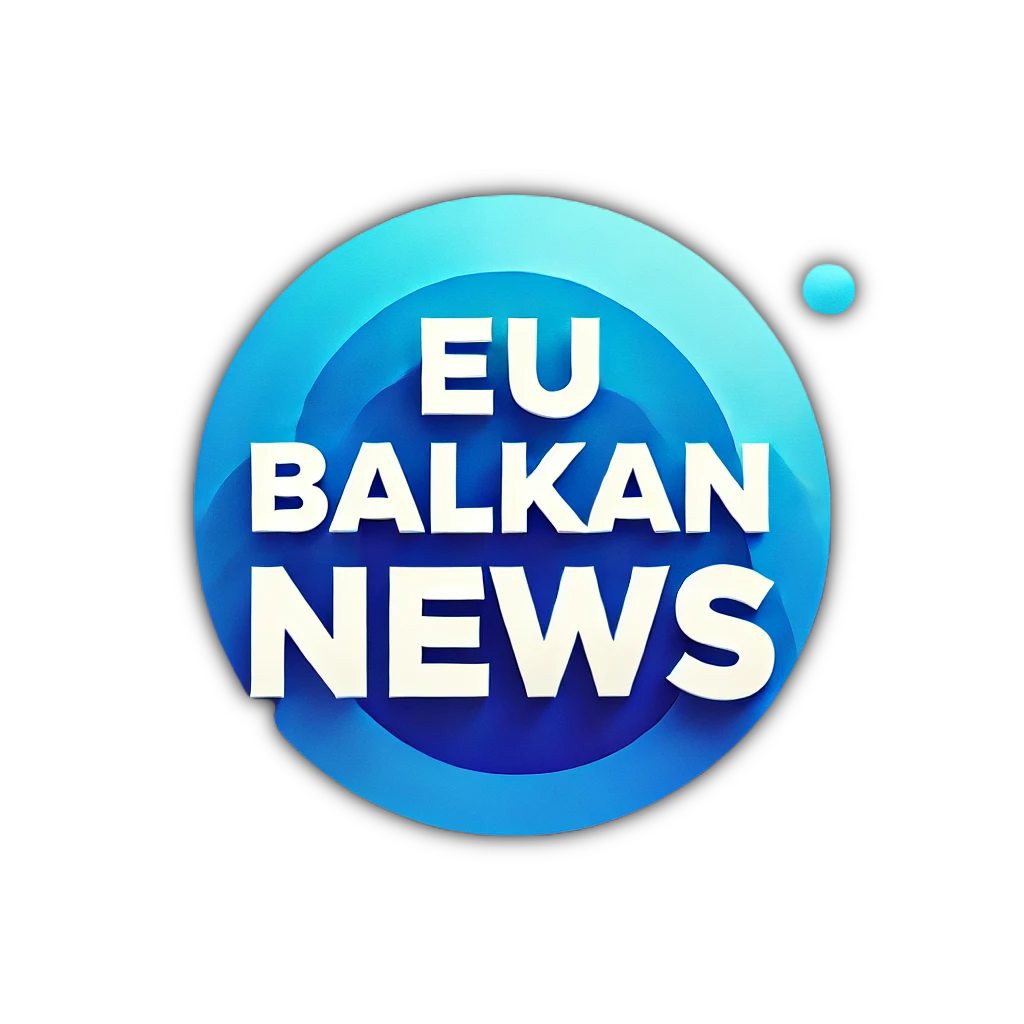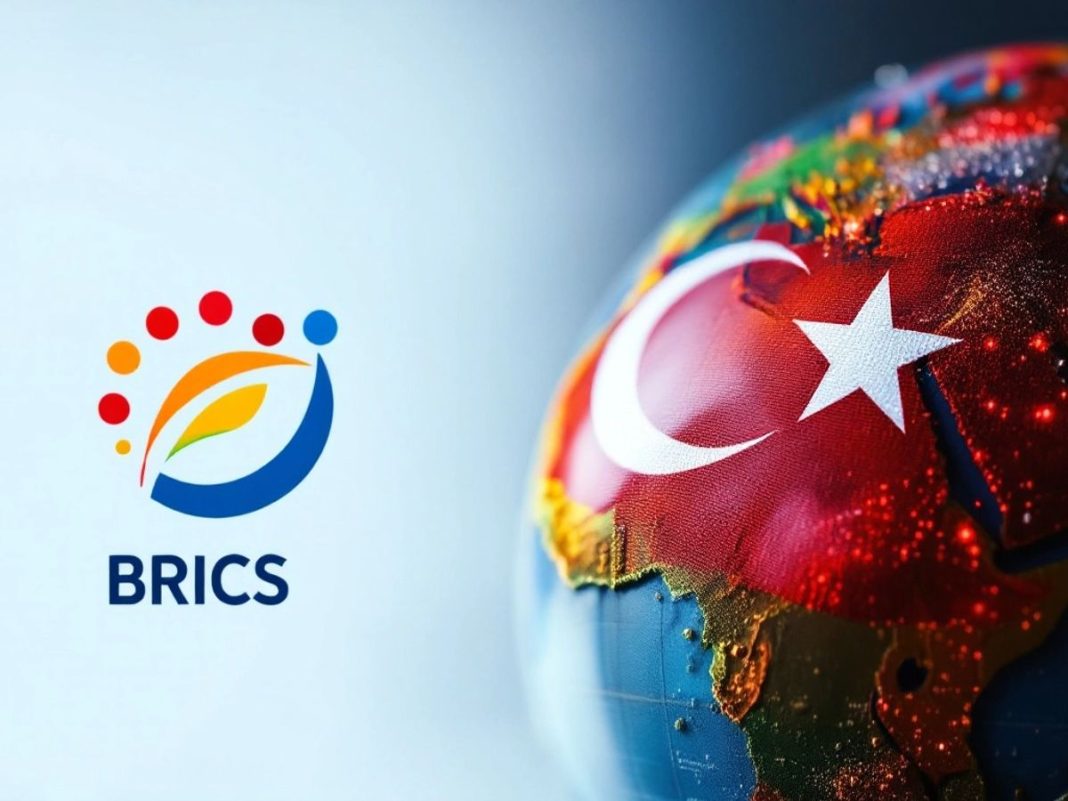Turkey’s recent engagement with the BRICS group has sparked discussions about its role in international relations, particularly as a NATO member. President Recep Tayyip Erdogan’s participation in the 16th BRICS Summit in Kazan, Russia, highlights Turkey’s aspirations to enhance cooperation with this influential bloc, which includes major economies like Brazil, Russia, India, China, and South Africa.
Key Takeaways
- Turkey seeks to strengthen ties with BRICS amid ongoing geopolitical tensions.
- NATO Secretary General acknowledges Turkey’s sovereign right to engage with BRICS partners.
- Erdogan emphasizes the need for a fairer global order through multilateral cooperation.
Turkey’s Position in BRICS
Turkey’s interest in BRICS is rooted in its desire to play a more significant role in global governance. Erdogan stated that BRICS contributes uniquely to building a fairer global order, enhancing trade, economic growth, and sustainable development. This aligns with Turkey’s broader strategy of diversifying its international partnerships beyond NATO.
NATO’s Perspective on Turkey’s Engagement
NATO Secretary General Mark Rutte has publicly supported Turkey’s engagement with BRICS, emphasizing that Turkey remains a vital ally within the alliance. He acknowledged Turkey’s military capabilities and its strategic importance in NATO’s southeastern flank. Rutte stated that Turkey has the sovereign right to collaborate with BRICS partners, even if it leads to debates within NATO.
Erdogan’s Call for Multilateralism
During the BRICS Summit, Erdogan highlighted the need for multilateralism to address global challenges. He criticized the post-World War II political and financial systems for failing to meet current expectations, particularly in light of increasing socioeconomic fragilities. Erdogan’s call for a fairer world resonates with BRICS’ objectives, as he urged member states to work collectively to resolve common issues.
Mediation Efforts in Ukraine Conflict
Turkey’s role as a mediator in the ongoing Ukraine conflict was also a focal point during the summit. Russian President Vladimir Putin claimed that Turkey had conveyed new Ukrainian proposals for negotiations, although he noted that Ukraine had withdrawn its initiatives shortly after. Erdogan’s government has previously facilitated discussions between Russia and Ukraine, showcasing Turkey’s potential as a diplomatic bridge between East and West.
Challenges Ahead
Despite Turkey’s ambitions, its bid to join BRICS faces challenges. Reports suggest that India’s opposition has hindered Turkey’s membership application. However, Erdogan remains optimistic about enhancing cooperation with BRICS, viewing the summit as a pivotal opportunity for Turkey to solidify its position within the group.
Conclusion
Turkey’s engagement with BRICS reflects its strategic pivot towards a multipolar world, where it seeks to balance its NATO commitments with new partnerships. As Erdogan continues to advocate for a fairer global order, Turkey’s role in BRICS could redefine its international relations landscape, positioning it as a key player in global governance.
Sources
- Türkiye, very important ally in NATO, has sovereign right to work with BRICS partners, says alliance chief, Anadolu Ajansı.
- Putin claims Türkiye recently conveyed new Ukrainian proposals for negotiations, Anadolu Ajansı.
- The Republic of Türkiye Directorate of Communications, İletişim Başkanlığı.
- Putin says Ukraine twice approached Russia regarding peace talks via Türkiye, Anadolu Ajansı.
- Türkiye ‘sincerely’ wants to improve its cooperation with BRICS: President Erdogan, Anadolu Ajansı.

